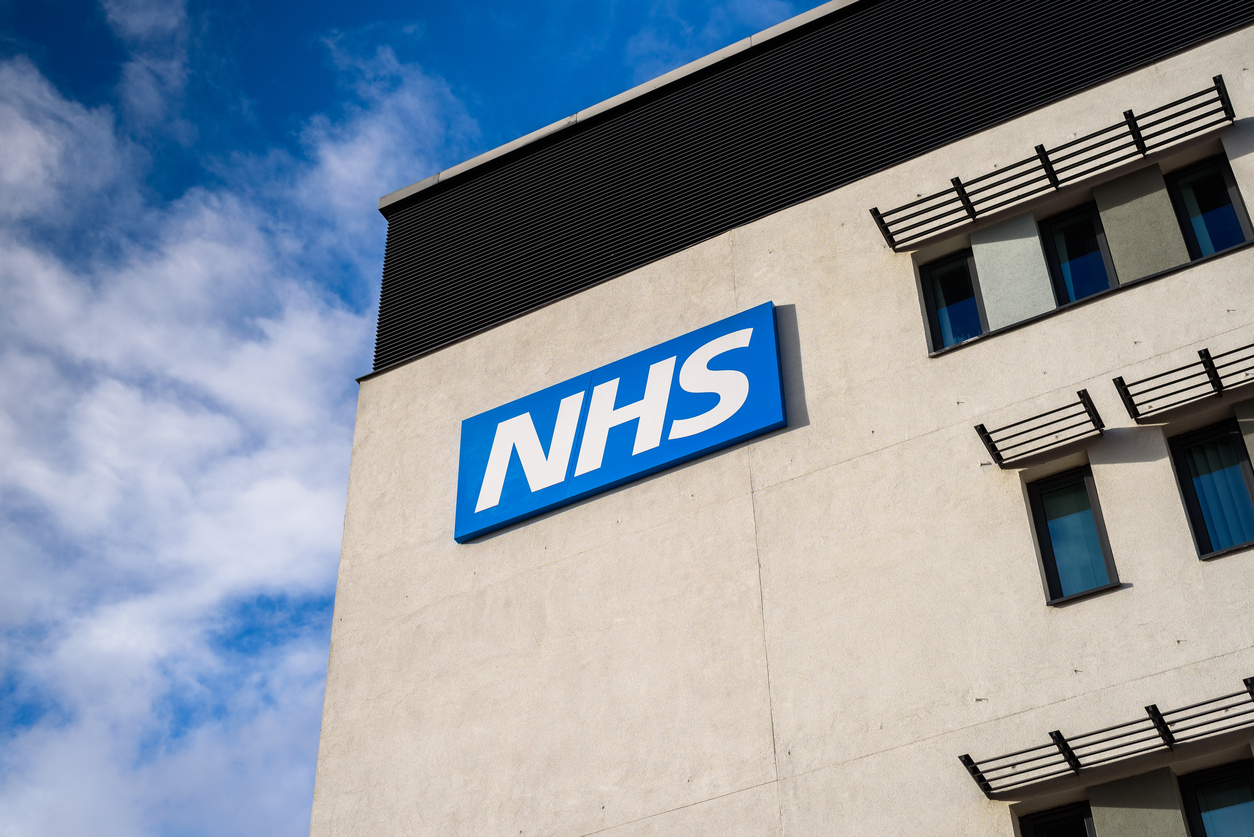Veins: What Are They And How Do They Work?
Despite their importance in the body, a lot of people are unaware of the basic functions of the veins. Veins are blood vessels in the body that are used to transport blood. These are much like arteries, but there are a few key differences.
Arteries have thicker walls, they’re usually more flexible, and they transport blood away from the heart. This means that the blood is carrying oxygen and other nutrients to the cells. This is called “oxygenated” blood.
Meanwhile, veins carry “deoxygenated” from the cells back to the heart. The only exceptions to this rule are in the umbilical vein and the pulmonary vein. Both of these are the only veins that carry oxygenated blood to the heart.
Veins stand in direct contrast to arteries. They usually have thinner walls too. This means that blood could pool quite easily in the vessels and not make it back to the heart.
To prevent this, veins have valves. These valves force the blood in a certain direction and guide it back to the heart. These valves and blood vessels are more prone to break down than their thicker, stronger counterparts. This is what can lead to faulty vein valves.
This might seem like a minor issue, but a breakdown of the heart and blood vessels is a serious problem with aging. In fact, cardiovascular diseases are the number one cause of death worldwide.
This can be caused by issues with the blood vessels as well as the heart. So, looking after your blood vessels is key to a healthy life. This is because, along with transporting blood and nutrients, there is a lot of secondary functions the veins carry out.
These often go unnoticed. But, understanding them is key to knowing how they help you stay fit and healthy. So, we listed a few of these underreported functions of the veins below.
The Hidden Functions Of Veins
Helping the immune system
Along with carrying oxygen and other nutrients, veins also carry a range of cells from the immune system. These include neutrophils and white blood cells, both of which act to fight infection and keep illness at bay.
A breakdown in these veins not only reduces or prevents blood flow, but it also reduces the circulation of these immune cells. This could lead to an impaired response by the immune system when sick. It may also slow down the healing process if you injure a certain muscle or organ.
So, keeping your veins healthy may help keep you in better overall health and help you recover quicker from illness or injury.
Reducing swelling
Along with helping your immune response, veins can also help you recover from injury by reducing swelling. These blood vessels can be used to bring down swelling in an injured area and clear waste and inflammation from the affected region.
This is another key process in speeding up recovery from tissue damage. So, keeping your veins healthy can keep you functioning and help you maintain a high quality of life.
Clearing out cell waste
As mentioned above, one of the biggest functions of the veins is clearing out waste from the cells. This waste is formed by metabolism in each cell. This waste can include everything from carbon dioxide, to dead cells that need to be broken down and eliminated from the body.
As you might guess, this is vital for keeping cells healthy and functioning at top capacity. This can help improve every aspect of your health and fitness. Another reason to keep your veins as healthy as you can.
Helping regulate blood pressure
Another key feature of the veins is their ability to contract and dilate. This means that they can increase or decrease blood pressure. This is a key function to maintaining the health and capability of the heart.
It’s also important when exercising to speed up the process of nutrient delivery and clearing from the cells at a faster pace than would be needed at rest.
So, keeping your veins healthy is key to avoiding heart problems. This is because unhealthy and broken down veins can lead to a change in blood pressure. A change like this can lead to lightheadedness, fainting or a heart attack.
Maintaining your veins with regular exercise and a healthy diet can not only improve your blood vessel function but your heart health too.
Wrap Up And Take Home Points
The veins are an important and vital blood vessel in the human body. While their main function is transporting deoxygenated blood to the heart, they have a wide range of other functions too.
So, keeping your veins healthy and functioning properly can help you keep sickness away,
Help you recover faster from injury, and help prevent cardiovascular illness and disease. So, for healthy aging and a high quality of life as you get older, make sure you eat healthily and exercise regularly to keep your veins running smoothly.
